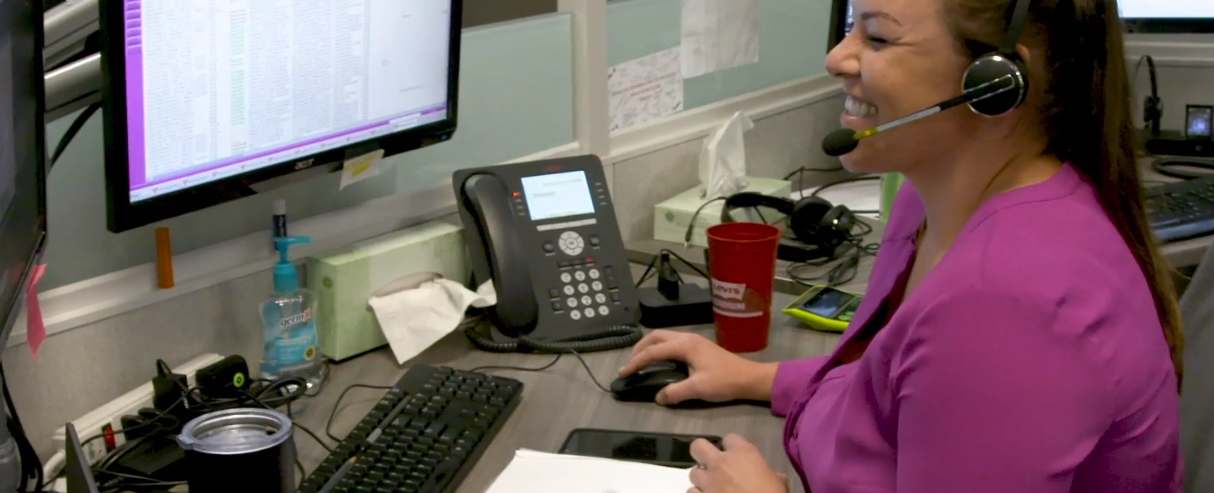
With the rapid evolution of technology, PCNs access is more important than ever.
Driven by rapid advances and market pressures, technology is evolving faster than ever before. Rapid turnover in electronic devices is a major byproduct of this phenomenon. In the world of electronics, staying relevant and keeping pace with product updates can be a full-time job.
Monitoring changes for a multitude of parts, managing end-of-life (EOL) notices — the volume and scope of the issues that arise around electronic components are daunting. Handling it all without support is less practical now than ever before.
PCNs: The basics
A product change notification (PCN) is a document issued by a manufacturer to inform customers about a change to a product or its manufacturing process. Everyone in the electronic components industry needs PCNs to stay up to date on changes
In the semiconductor industry, the JEDEC standard JESD46 describes the requirements for product change notifications and examples of changes that require notification.
Usually the official distributor will send PCNs to their customer 12 to 24 months after the last shipment.
There are a variety of reasons for issuing a PCN, and some PCNs provide more critical updates than others. Common issues include: recalls; changes to form, fit or function; and changes to material, wafer, test, or production processes.
Staying proactive on PCNs is the best way to ensure you don’t encounter any surprises.
PCNs: When updates are critical
What’s at stake with PCNs? Potentially your entire product line. PCNs should ideally be identified prior to production of your product lines, but that’s not always possible.
Once a product is designed, if parts change in form or function, you need to know as soon as possible. You don’t want to learn about critical changes on the assembly line. Discovering a PCN after the fact, because a part no longer fits your product — or a material change results in a part melting or otherwise reacting to the process — is less than ideal. Missing a PCN can mean major problems to your production.
The most critical PCN is a notification that a part is going obsolete. This requires immediate action to determine how obsolescence will affect your product. If you need a last-time buy, timing is critical.
Making an investment in a last-time buy requires strategic planning and capital investment. You don’t want to call your supplier to find that the option for a last-time buy closed two to three months ago. A good electronic components distributor can help you here, but you are behind the curve.
Even if the timing is not ideal, you have options. Whether you are planning ahead or need a part in a rush, get in touch today to learn about taking your PCN process to the next level.